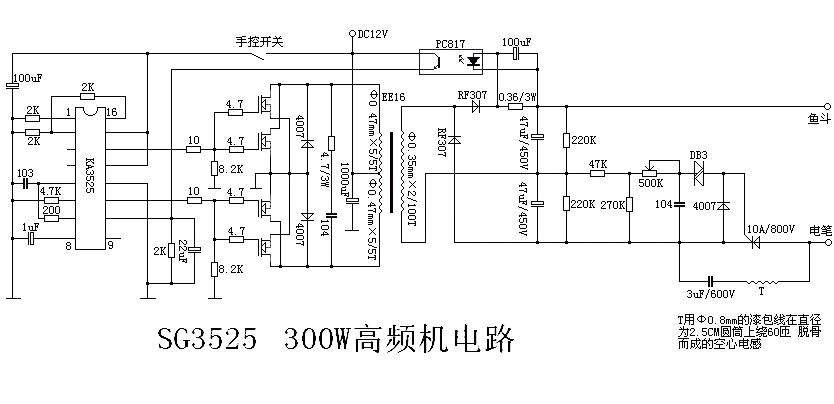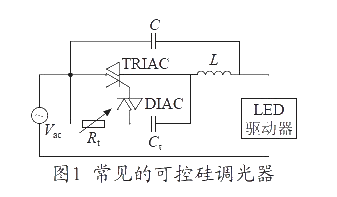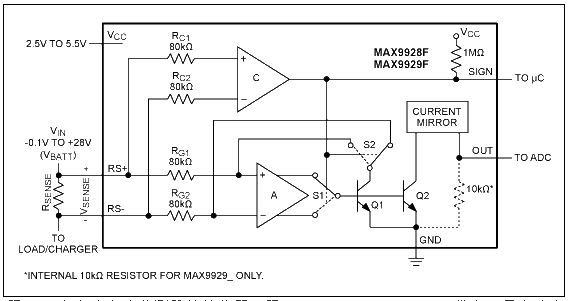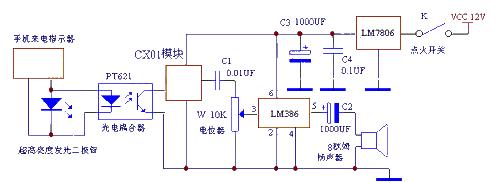Two way cross-over 3500Hz
Two way cross-over 3500Hz

Note: The text is AUTO translated from Greek version
Cross-over they are netting usually with passive materials that have aim to separate a region of frequencies in smaller. Cross-over the manufacture that to you we offer it separates the acoustic region in two sub areas in order to we lead two loudspeakers for the high frequencies and for low.
Cross-over they are essentially for the operation of combination of loudspeakers. Without them, two things happen: on one side are led all the frequencies simultaneously to different loudspeakers and otherwise is consumed pointlessly force in loudspeakers that cannot him attribute rightly. Cross-over depending on the number of loudspeakers that leads they are distinguished in two streets and three streets, even if they can result also complexes. The each region is figuratively named street, through which will pass the corresponding region of frequencies in order to it leads the corresponding loudspeaker.

The simpler system is that of two streets. In that acoustic region it is separated in two sub areas with two filters: one of low passage and one high. The filter of low passage leads the loudspeaker for the low frequencies and the filter of high frequencies the loudspeaker for the high frequencies. The loudspeaker for the low frequencies is known as woofer and the loudspeaker for the high frequencies as tweeter.
The loudspeakers are distinguished by various characteristics that him make distinguish between them. That characteristics that us interest for the manufacture that we make, are their complex or more simply resistance and diagram that us gives the relation of attribution of sound as for frequency (sensitivity).
The resistance of loudspeakers is characterized in a frequency depending on the destination and their press. Loudspeakers are distinguished, as for the destination, in loudspeakers of low frequencies, woofer intermediate, mid-range and high tweeter. Their resistance in W is 4W, 8W and 16W. Cross-over that we present it is intended for loudspeakers 8W.
Theoretical Circuit

The theoretical circuit appears in form 1. The manufacture uses passive materials of mediocre dimensions. In order to you make a cross-over you need printed circuit. Observing theoretical circuit we see that it has a entry and two exits, In the entry connect the exit of amplifier and in the exits the loudspeakers. In the one the loudspeaker of high frequencies and in the other the loudspeaker of low frequencies. The way from the entry to the loudspeaker of high frequencies is not anything other, despite a filter of high frequencies. Respectively, the way to the loudspeaker of low frequencies is a filter of low passage. The filter of low passage consists by inductor L2 and the capacitor C2. The inductor is en line with the circuit and the capacitor at the same time with the loudspeaker.
The complex resistance of this elements changes, associates the price of frequency. The price of complex resistance of inductor of is proportional frequency and capacitor of reversely proportional frequency. As long as increase the frequency, the self-induction acquires bigger complex resistance and the capacitor smaller. This, in combination with their provision, prevents the high frequencies to reach in the loudspeaker. In the way of high pass filter to the loudspeaker of high frequencies the provision of elements is reversed. En line we place capacitor, a C1 and at the same time inductor L1. In this provision as long as is increased the frequency, is decreased the complex resistance of capacitor while his inductor that is at the same time with the loudspeaker is increased. As long as it increases the frequency, so much facilitates the capacitor the passage of frequencies and so much least it absorbs the inductor force from them.
Apart from the elements of filter in the circuit, existence resistances and capacitors that stabilise the behaviour of loudspeakers. An additional resistance, R3, offers a particular operation. This resistance is always shorts from a safety. If for some reason it passes big current, then is in danger is burned loudspeaker of the high frequencies. Rather the loudspeaker is burned the safety. Then is presented en line the resistance and is decreased the sound level.
Manufacture
In order to you make the manufacture you will need the PCB that appears in form. In this mount materially that exists in the theoretical circuit, according to form. The montage of materials will begin from the resistances and flowingly will place the capacitors and finally the self-induction. The inductors for the cross-over, if him you find in trade you cans him order from us. In order to you try the cross - over apply in the exit for the each loudspeaker a resistance 8W. In the entry you will connect a small amplifier with which you will strengthen the signal of acoustic generator. The generator him you will put it produces sine' signal. Altering the frequency we observe the each expense in an oscillograph. If all have well, then when is increased the frequency and approaches the price 3,5kHz, the tendency in the exit for the loudspeaker of low frequencies falls and the other increases.
Parts
R1 = 10 | C1 = 3,3 uF | L1 = 0,82 mH |
R2 = 3,3 | C2 = 4,7uF | L2 = 1,2 mH |
R3 = 33 | C3 = 10uF | |
R4 = 10 |


E-mail: steve_filianos@hotmail.com for questions - info.






评论